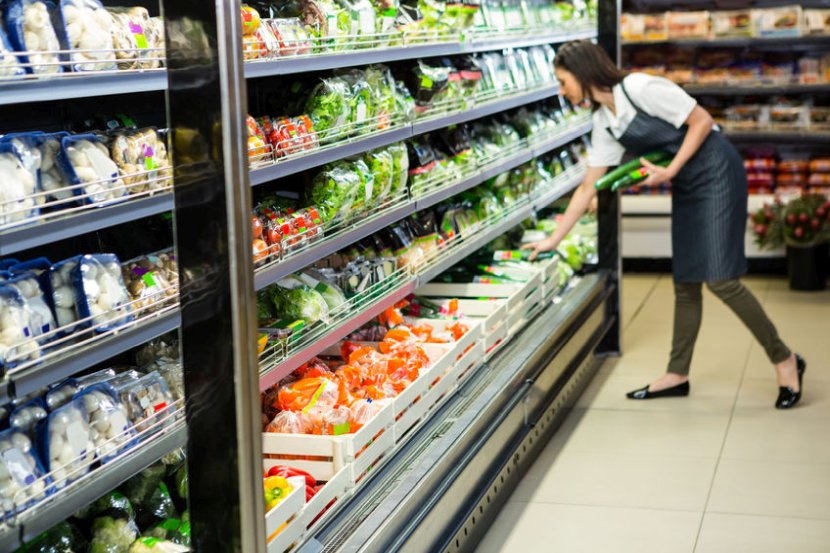Campaigners call for mandatory and clear food labelling

A new campaign has launched calling for transparent and verifiable mandatory method of production labelling for food products.
The Consortium of Labelling for the Environment, Animal Welfare and Regenerative Farming (CLEAR) was launched at Groundswell, a regenerative agriculture event.
The consortium includes 40 food and farming groups such as the Soil Association, RSPCA, Pasture for Life and the Game & Wildlife Conservation Trust.
They explain that detailed labels are needed in order to understand how consumers' food choices impact the environment, animal welfare and farmers' livelihoods.
Ultimately, the consortium would like to see mandatory method of production labelling with adequate information on all foods.
It is also seeking country of origin labelling to be extended to include all raw and processed foods.
CLEAR chairman, Fidelity Weston said that developing clear, accessible food labels would respond to the public's desire for greater transparency over how food was produced.
“This will allow food that is made to higher standards to be differentiated in the marketplace and eliminate any labelling that falsely conveys better levels of production.”
Ms Weston explained that with the labels, farmers would be able to distinguish themselves from others producing to lower standards.
"And food retailers and the hospitality sector can avoid the technical and financial challenges of having to devise their own labels,” she added.
CLEAR is also calling for the government to establish a regulatory basis for the use of specific sustainability terms.
The consortium has created a petition urging the public to add their voice to its call for mandatory food labelling in the UK.
Laura Chan, policy officer at the Soil Association, said that for consumers to make better choices for the environment, they needed to know how their food was produced.
"Through clear method of production labelling, producers who are taking steps towards better meat production have the opportunity to communicate this directly to the customer.
"This makes informed purchasing decisions possible and can support a transition to a more sustainable food system.”








